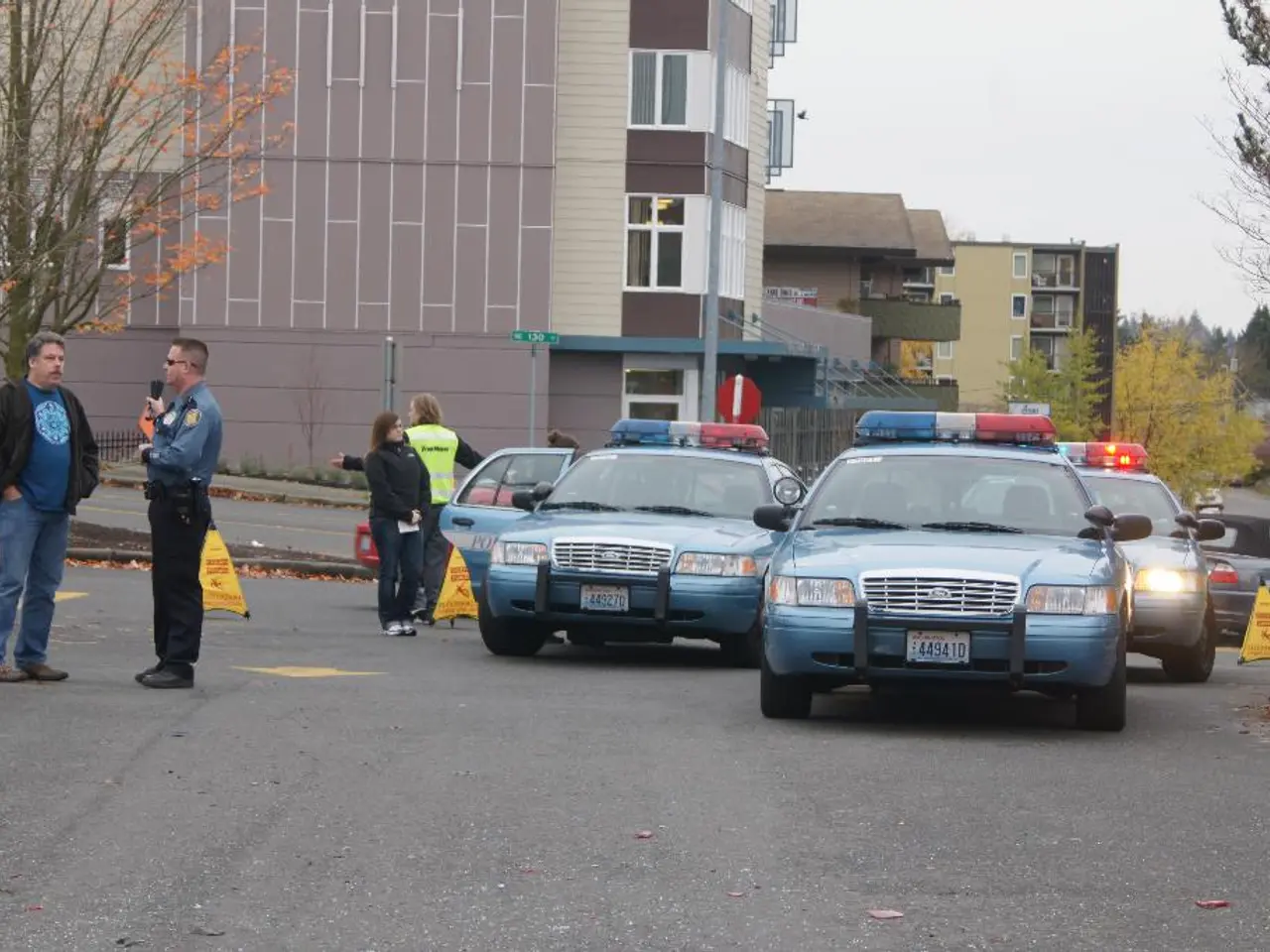Germany's Trust Deficit: Struggling State Undermining Citizens' Confidence More Frequently
In a country where the state is often the target of blame when issues arise, a survey has revealed a significant divide between Eastern and Western Germany in terms of faith in the state's ability to perform its tasks.
The survey, conducted recently, shows that only 17% of East Germans believe the state can fulfill its duties, while in the West, this figure stands at 24%. This divide could translate into election results that are unfavorable to the current government.
Criticizing the state and its representatives has become a national pastime in Germany. Citizens expect the state to deliver order, security, and protection, but many issues that don't work in the country are often blamed on the state, even when it has limited influence.
The federalism spat between the federal government and the states is a significant obstacle in addressing the citizens' priorities. This spat hinders the resolution of issues that are prioritized by respondents, such as transportation infrastructure, social reforms, disaster protection, and digitization.
Germans, according to a civil servants' union survey, give dismal grades to their state. Almost three-quarters of respondents find the state overwhelmed. The federal government identifies these problems but faces a dilemma in addressing them due to the federalism spat.
The black-red federal government, formed by the parties CDU/CSU and SPD, was chosen after the 2025 federal election. The 21st German Bundestag convened on March 25, 2025, and Friedrich Merz (CDU) was elected Chancellor on May 6, 2025, following coalition negotiations between CDU/CSU and SPD.
However, solutions to these problems will not come overnight. They are massive projects that require significant investment and cooperation. The citizens' impatience, as reflected in surveys, could lead to uncomfortable election results in municipalities and states.
The state is expected to deliver, but the expectations are clear: order, security, and protection. Whether the current government can bridge the divide and deliver on these expectations remains to be seen.








